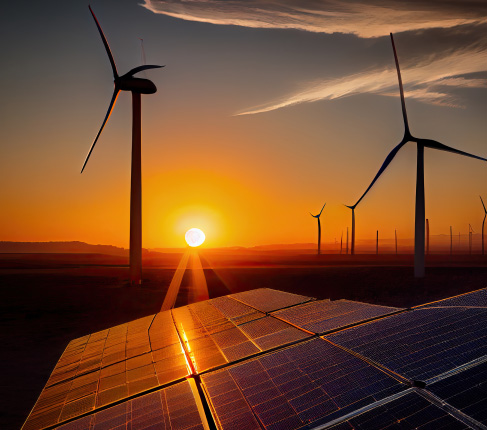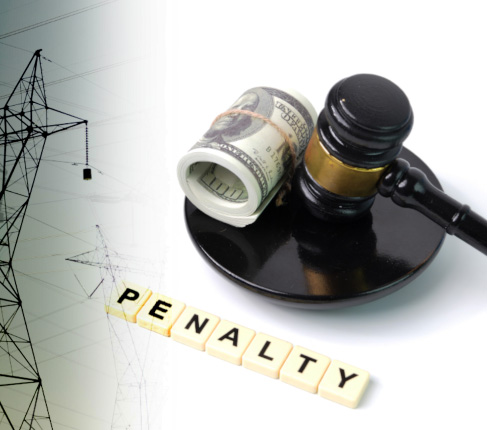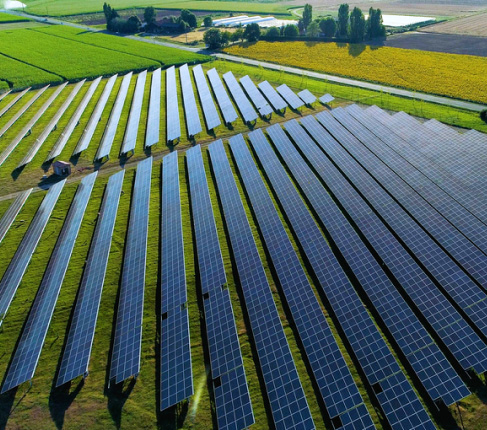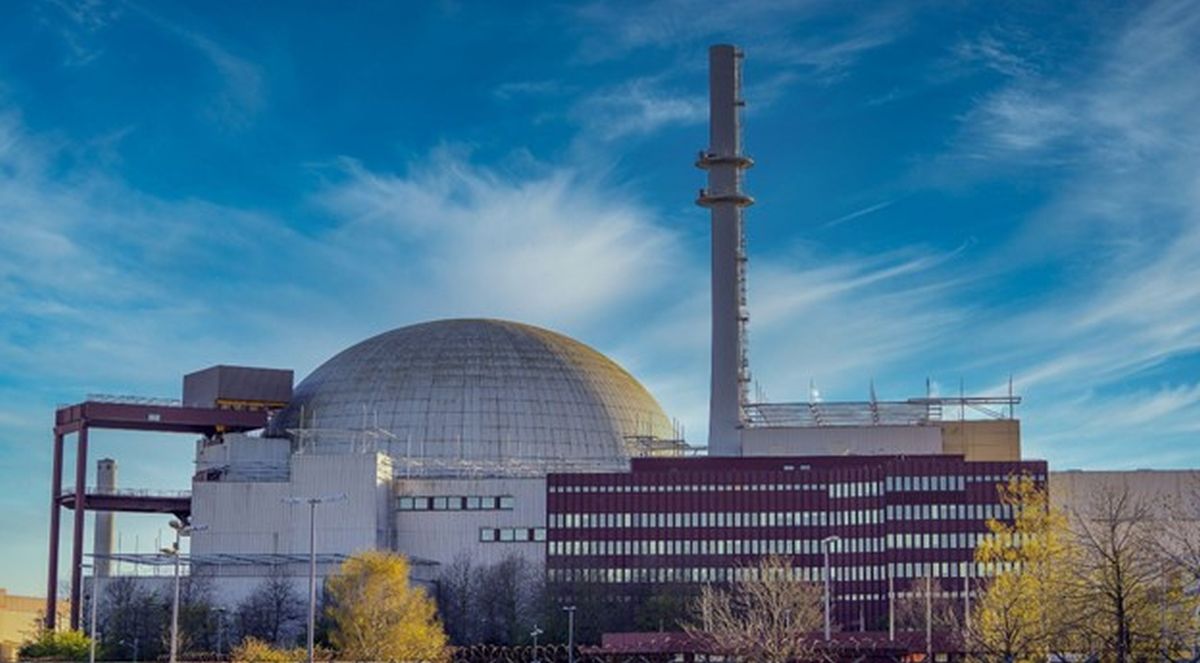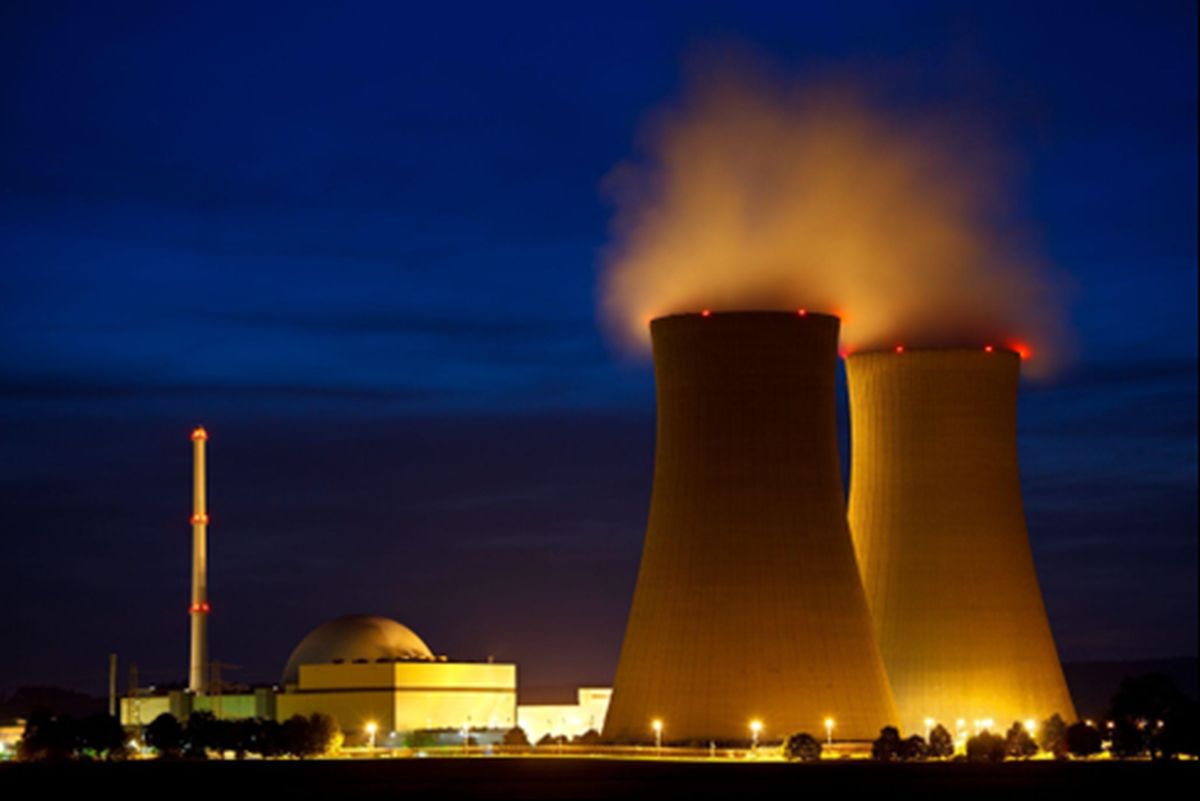The North American Electric Reliability Corporation (NERC) has warned in its 2023 Summer Reliability Assessment, that various parts of North America are at high risk of energy shortfalls during peak demand periods, due to extreme heat and the excessive use of air conditioners.
In recent years, NERC has become more aggressive with its warnings regarding reliability concerns, especially after rotating outages had to be imposed by power grid operators in California during August 2020, and in Texas during 2021.
What Is NERC’s Summer Reliability Assessment (SRA)?
NERC’s Summer Reliability Assessment (SRA) covers the four-month summer period from June to September. The SRA “identifies, assesses, and reports on areas of concern regarding the reliability of the North American Bulk Power System (BPS) for the upcoming summer season. In addition, the SRA presents peak electricity demand and supply changes and highlights any unique regional challenges or expected conditions that might affect the reliability of the BPS.”
The 2023 Summer Reliability Assessment report by NERC came out in May. It states that “all areas are assessed as having adequate anticipated resources for normal summer peak load and conditions.” The report has mentioned that the following parts of the country face risk of electricity supply shortfalls during extreme conditions during the summer months:
- Midcontinent ISO (MISO)
- NPCC-New England
- NPCC-Ontario
- SERC-Central
- Southwest Power Pool (SPP)
- Texas (ERCOT)
- U.S. Western Interconnection
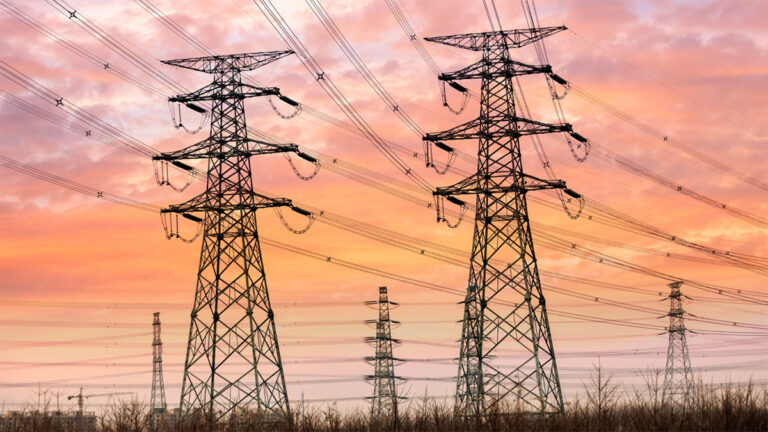
Recommendations by the 2023 Summer Reliability Assessment
NERC has made the following recommendations in the 2023 SRA, to reduce the risk of electricity shortfalls on the BPS, during the summer months:
- Reliability Coordinators (RCs), Balancing Authorities (BAs), and Transmission Operators (TOPs) in the elevated risk areas identified by the SRA, should take the following actions:
- In anticipation of extreme demand levels, review the seasonal operating plans and the protocols for communicating and resolving potential supply shortfalls;
- To ensure adequate availability of resources, employ conservative generation and transmission outage coordination procedures, in proportion with long-range weather forecasts;
- For the efficient implementation of demand side management mechanisms, mentioned in the operating plans, engage and prepare state or provincial regulators and policymakers.
- The recommendations issued in March 2023 by NERC, in the inverter-based resource performance issues alert, should be implemented by Generator Operators (GOs) with solar PV resources.
- In the states affected by the new Good Neighbor Plan, RCs, BAs, and GOs should make themselves familiar with its provisions, in order to ensure electric reliability. They must have protocols in place so they may act to preserve generation resources, so they are able to support periods of high demand. Also, protocols must be in place at the start of summer by state regulators and the industry.
Disclaimer: Any opinions expressed in this blog do not necessarily reflect the opinions of Certrec. This content is meant for informational purposes only.






